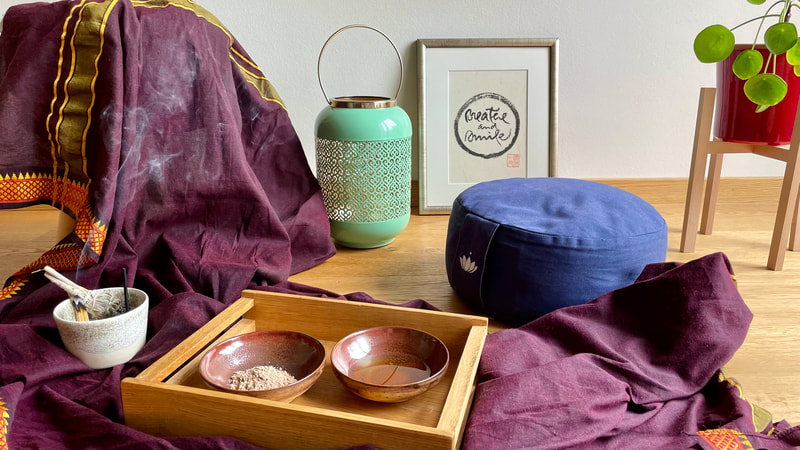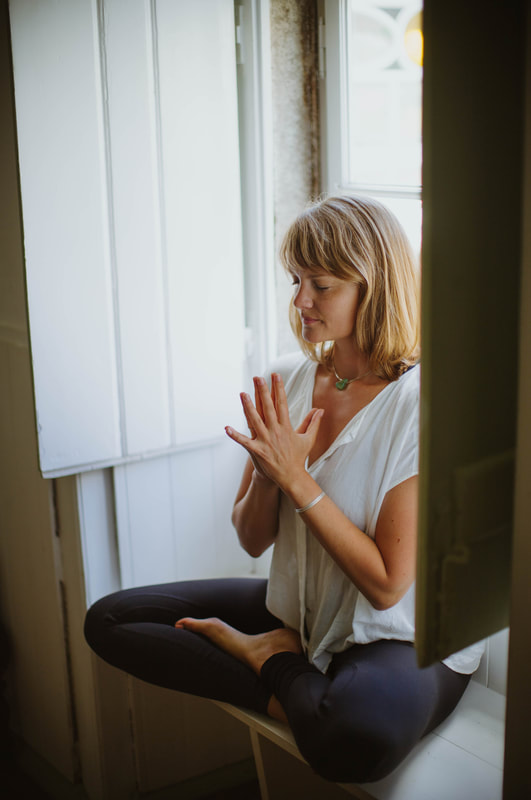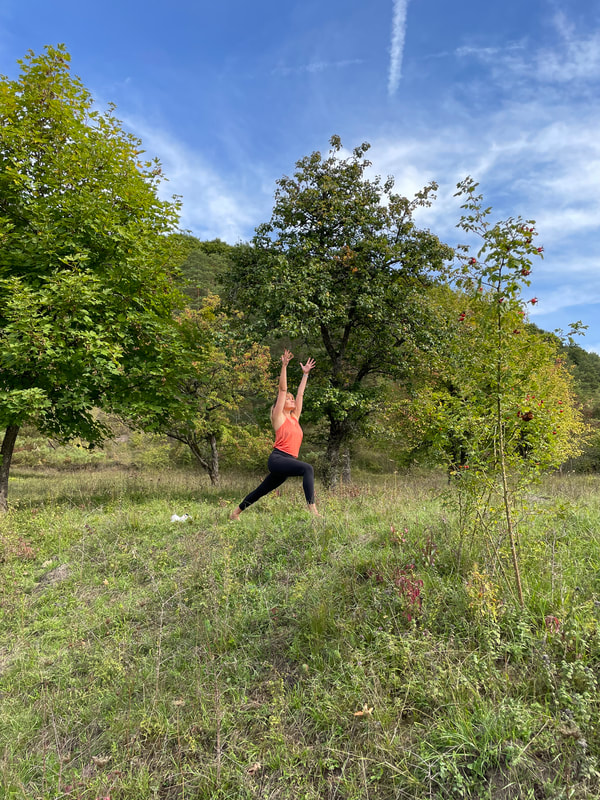How stress affects usStress is completely natural and we need it to function in our daily lives. It actually boosts the immune system, keeps us alert, motivated and increases our ability to cope with difficult situations when experienced in “appropriate” doses. On the flip side, chronic stress has the opposite effect, suppressing the immune system which puts us at risk physically, psychologically and emotionally. Chronic or longterm stress however affects all our bodily systems negatively; The central nervous and endocrine systems The "fight or flight" response tells the adrenal glands to release stress hormones (adrenalin and cortisol) which increases the heartbeat and sends blood to areas where it's most needed in an emergency situation, like if you have to run for your life. The problem with chronic stress is that the nervous system doesn't return to normal after the perceived threat is over, which leaves the body in a constant "fight or flight" mode. The respiratory and cardiovascular systems Stress makes us breathe faster which makes the heart pump faster, which raises the blood pressure. Chronic stress will make the heart work too hard for too long. The digestive system Under stress the liver produces extra blood sugar to give a boost of energy. The rush of hormones, fast breathing and increased heart rate will also upset the digestive system. It affects the way food moves through the body and is (not) absorbed which can lead to diarrhea or constipation, nausea, vomiting or stomach ache. The muscular system Stress causes the muscles to tense up. Tight muscles cause physical pain. The sexual and reproductive system Imbalance in reproductive hormones can cause dysfunctions and irregular menstrual cycle and affect sexual desire. The immune system Over time stress hormones will weaken the immune system and make us more susceptible to viral illnesses like the flu and cold and other infections. It can also affect the body's recovery time. As for the symptoms that chronic stress can cause there's everything ranging from irritability, anxiety, depression, headaches, insomnia, digestive issues, aches and pains, high blood pressure, and the list goes on. This often leads us to reaching for ways of coping that aggravate the state like alcohol or drug abuse, overeating, not eating enough, eating junk, withdrawing from everyday activities and social activities, acting out, not being able to control our emotions etc. I can relate to many of these states and behaviours and as much as I always do my best to seek some sort of balance, sometimes it can be really hard. It’s a flux, a balancing act, making decisions, prioritising, finding what works, getting curious and becoming more aware of and listening to the body and what it’s trying to tell us. A feeling, whether manifested in a physical, emotional or mental form is the body trying to communicate with us. What can be done to ease stress?So, what are some of the things we can do to bring us back to ourselves, to the present moment and channel that tension? How can we reduce the stress hormone and produce more feel good hormones? There are many small things that we can do - I personally love these practices to get out of my head and into my body: Exercise to disperse the stressed energy that is just sitting there in the body causing muscle tension, gut issues and racing thoughts. It doesn’t have to be a 2 hour workout. A brisk walk or a short jog can already clear the mind and get things moving. Mindful movement like Yoga and Qi Gong as well as breath work centres us and can help bring us back to the present moment. Like with any movement, we can move the stagnant energy. It may also install a feeling of balance and connectedness to ourselves. Healthy eating. How and what we nourish our bodies with will directly influence how we feel, it’s really that simple. Gut health is directly linked to our brains - 95% of our serotonin (the feel good hormone) is produced in the gut. Choosing whole foods, eating an abundance and a variety of plants, flavours and colours as well as healthy grains, seeds, nuts and healthy fats that truly nourish our body. Connecting with your food and its healing properties. Avoiding processed and refined foods, sugar and stimulants which all put the body under further stress. A healthy body will help us gain a clearer mind. Bodywork and other self-care practices are a great way to preserve and protect our wellbeing and health. A good massage moves bodily energies, clears blockages, eases pain and tension, creates more space in the body and has a calming effect and can facilitate restful sleep. I also love going to the sauna, especially in the colder time of year. It has a relaxing effect, can ease pain, improves blood circulation and sweating releases toxins from the body. Meditation offers us the opportunity to become the observer of our thoughts, take a step back from what’s going on in our minds and with some practice can teach us to detach from our thoughts and sink into our bodies. Starting with as little as 5 minutes is already a step taken. Connecting with nature and the seasons. Spending time in nature brings us back to the source of where we are from and what we are made of. It’s an easy way of connecting with the natural world and can be very humbling. Instead of staying in your head while out, look around, witness the changes, marvel at the colours, feel the air and the ground beneath your feet. Feel-good activities. Doing simple things you enjoy or make you feel good and that give you a break from racing thoughts. For me it’s cooking, reading, watercolour painting, taking a bath, spending time in a place with an open spaces that gives me perspective. Taking 30 minutes here and there to do something you really enjoy can make a big difference. Eventually we may also want to ask ourselves the tough questions. Is our life, our choices, our actions in alignment with our values, needs, desires and how we want to live? Is there a fundamental mismatch? Is there anything we can do now to change that? Stop, take a moment, assessWith all this said, we all have to find what works for us, what we like, how to prioritise, fitting things in our schedule. One shoe doesn’t fit all. But what we can all do is take even the smallest step in the direction that can make a difference. Making small changes, one at a time. From my own experience, the single most important thing when experiencing stress is to stop, take a moment, listen and assess what’s going on. Becoming the observer and the guardian of my body, mind and emotions. Actively choosing to and engaging in making it a more peaceful, happy, creative and healthy place to live in. What small things do you do to create more calm, space and balance in your daily busy-ness? Feel free to share in the comment section below. Photos by Mia Voss, Sarah Pitt and Isla Grossi
Sources for some of the content: healthline.com and isma.org.uk
0 Comments
Leave a Reply. |
Mia VossHolistic Health & Nutition Practitioner and Coach Archives
September 2023
Categories |






 RSS Feed
RSS Feed
